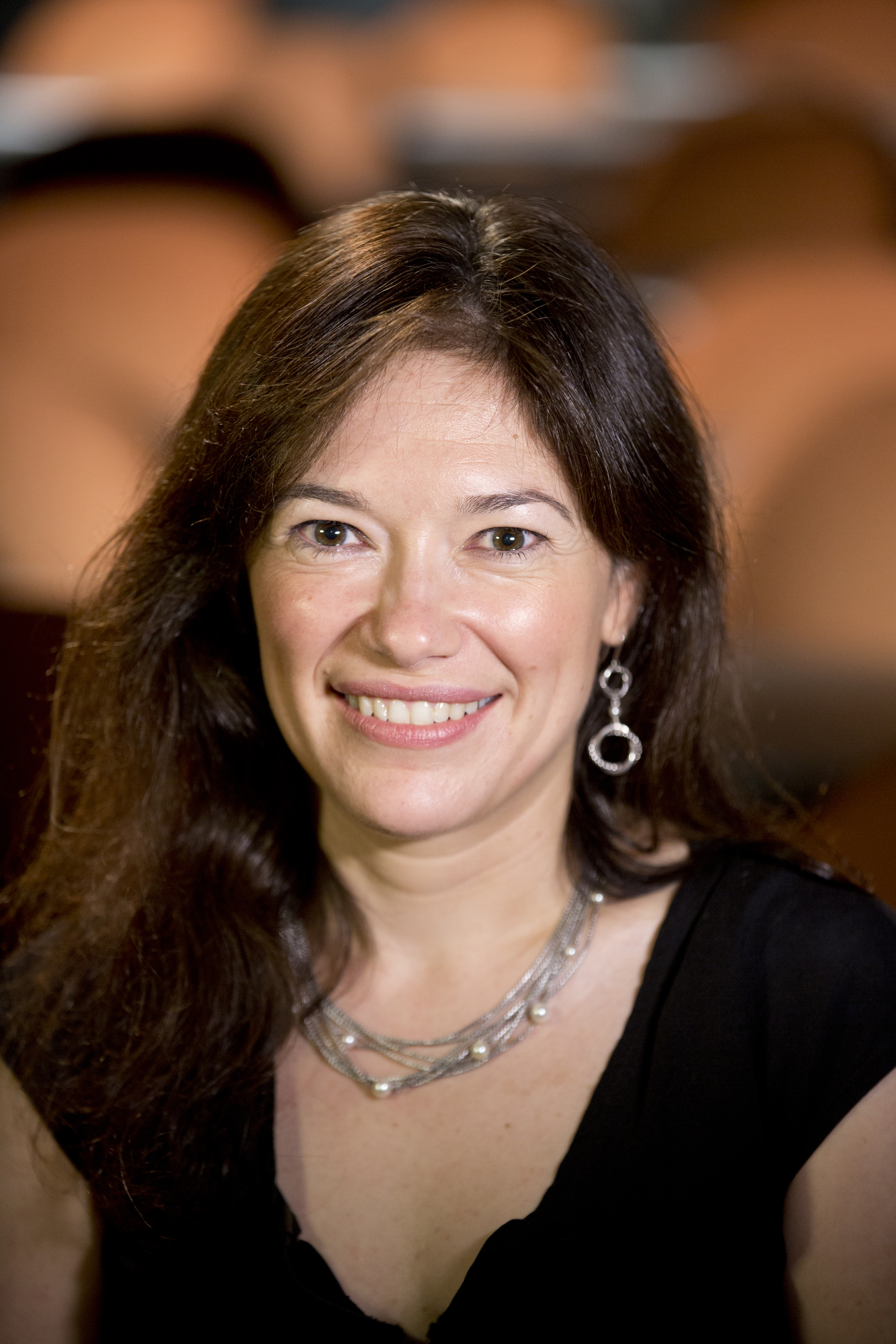
Earth as seen from Apollo 17.
According to some new research [1], climate skeptics are given a prominent voice in the US and UK media. James Painter (University of Oxford) and Teresa Ashe (University of London) looked at how climate skepticism manifested itself in the print media of the US, UK, Brazil, China, India and France during a 3-month period.
The period included ‘Climategate’ in 2009/10 and a second period which covered the IPCC’s fourth assessment report in 2007.
The UK media
In the UK, the Guardian/Observer ran 14 opinion pieces containing skeptical points of view during the two periods. All of which were countered by mainstream environmental scientists. The Telegraphs ran 34 opinion pieces, over half of which were not contested.
Global warming?
The skeptics that question whether global temperatures are warming at all appear almost exclusively in the UK and US newspapers. The rest of the world seems less likely to print opinions denying global warming.
References
[1] James Painter and Teresa Ashe 2012 Environ. Res. Lett. 7 044005
Links




 Image: ISTOCKPHOTO/CIMMERIAN
Image: ISTOCKPHOTO/CIMMERIAN



